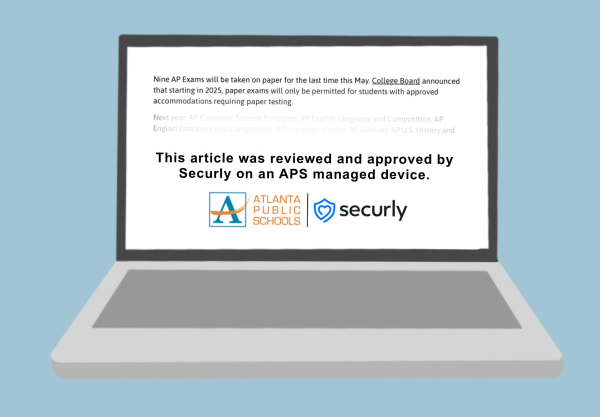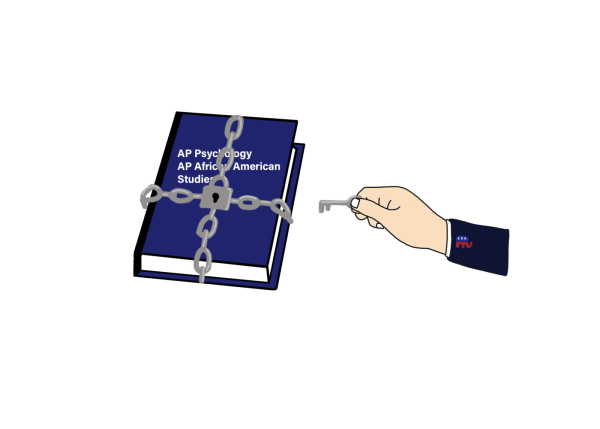New social and emotional learning format limits its effectiveness
The new SEL curriculum and its lackluster implementation restrict any meaningful discussions around social and emotional health.
September 1, 2021
To help support students’ social and emotional development, Midtown has implemented a new Social and Emotional Learning (SEL) program. However, we believe the new format and curriculum of SEL limits the effectiveness of the program.
SEL is an educational program centered around fostering self-awareness, self-management, social awareness, relationship skills and responsible decision making. This school year, Atlanta Public Schools has introduced a new SEL curriculum, 7 Mindsets, which aims to help students think in a more positive, healthy manner through a series of lessons.
Currently, the instruction is led by a school counselor or social worker over Zoom, and students are expected to log on individually on their school-provided Chromebooks to participate. While this does allow for the school counselors to reach a wide number of students at once and reduce the strain of learning and teaching the SEL curriculum for teachers, the current format is limited in its ability to connect with students in a worthwhile way.
First, the amount of time allotted for SEL is insufficient. The school has cut back from 20 minutes a day, five days a week during virtual schooling last year to 15 minutes a day, four days a week this year, although last year’s programming was optional and held before the official start of school each day. Nevertheless, the lack of current explicit instructional time results in rushed, simplistic programming that does little to meaningfully address real social and emotional health issues or interact with students.
Student involvement with SEL, or the lack thereof, also limits its effectiveness. There is little to no student interaction during the allotted time, and many students log into the programming, mute it, and ignore it or don’t log in at all. If the school actually wants to reach students, it needs to make SEL a more interactive and enjoyable experience. Meaningful social and emotional development cannot be expected to occur if students are not involved in the discussion, and the current format of combining several classes into one Zoom meeting reduces the opportunities for students to speak on and interact with the programming.
SEL is an important subject, and the school district’s commitment to the program is admirable. However, the complexity of social and emotional health is lost when attempted to be compressed into brief instructional time periods, most of which are taken up by tangentially related videos. The curriculum seems to favor broad, positive messages over addressing real social and emotional health issues or actually reaching out to help students. This oversimplification of complex concepts is dismissive of more serious and comprehensive conversations around social and emotional health.
The current format and curriculum is a superficial, half-hearted attempt at SEL programming. If the school is serious about promoting social and emotional development in students, its efforts to do so must be equally as serious.












